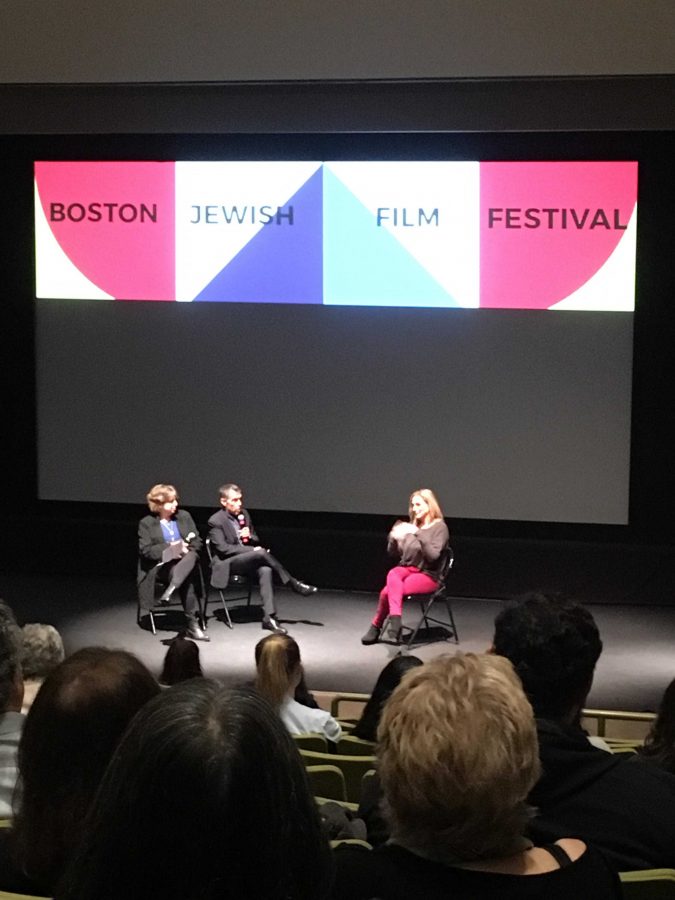By Alexa Faria
Staff Writer
Young adults today would typically acknowledge online dating as something for older people who are living alone with several different cats and maybe a parrot. This ancient idea of meeting someone through social networking birthed the phone application commonly known as Tinder.
This application focuses on connecting young adults today with each other with the hopes of creating relationships. These relationships can range from one-nightstands to long-term relationships.
Tinder uses an individual’s Facebook to create their profile. This profile consists of six pictures, a 500-character biography, the user’s name, and their age.
The user is then able to choose the gender that he or she is interested in (male or female), an age group preference ranging from 18-55+, and the search diameter (in miles or kilometers).
After the profile is completed, users can use their best judgment to determine whether an individual is worthy of being swiped right or making the decision to reject someone by swiping left. A swipe right means that one is interested, whereas left means uninterested.
Two people swiping each other right creates a match. Being a match with someone gives one access to send a message, and that is ultimately where the relationship begins.
It has become evident that people use Tinder for many different reasons. The idea of meaningful relationships was skewed when the creators of this app decided to focus on mainly college students.
While there are several relationships that are built from this application, many college students use it as a confidence booster, or even just to initiate a sexual relationship. The problem does not lie solely in the relationship that will be created but in the process of finding your match.
When using Tinder, the attention is not drawn toward the biography, but moreso to the pictures that are essentially representing a person. Although they may never know if you rejected them, it is a common belief that the majority of these matches are decided based on appearance.
This also promotes a sense of narcissism. If one is using Tinder as a confidence booster, they can potentially become very self-absorbed, depending on the amount of matches they get. The more matches one gets, the more selective they are prone to becoming.
If you did not think you have a type, you were wrong. The ability to swipe right or left within seconds means that you have decided if you love or hate a person’s appearance immediately.
It is completely understandable that relationships are based on attraction, but is it really reasonable to decide whether you like or dislike someone within seconds?
The nature of this application can create self-esteem issues. The quality and amount of matches that a person receives, along with the messages that they receive, can be wildly unpleasant. Having contact with a total stranger can be very awkward.
That first conversation can begin with a clever one-liner, a normal hello, a profession of irrational love, or even a request for sexual favors. While these messages can be oddly entertaining they also may objectify people, or make them feel uncomfortable.
Even if a person gets asked on a date, it is awkward, and the risk that you could be meeting someone that is not who they claim to be is also stressful. It is important to be careful when meeting these people that you barely know.
While conversations may be going well, there is always a risk. Tinder has created several successful relationships, but it has also resulted in some pretty unfortunate encounters.
























